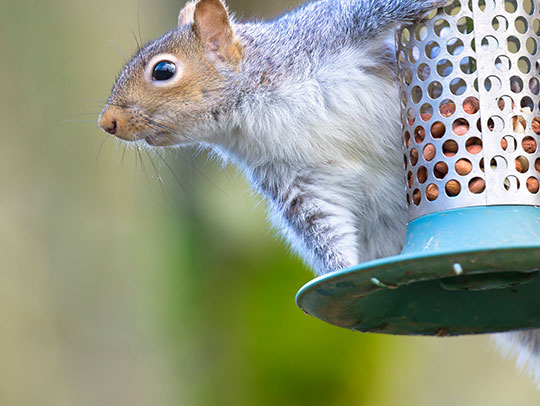
If you live in the Pittsburgh area, chances are you’ve encountered a wild animal or two. After all, the Greater Pittsburgh area is home to many species of wildlife, including birds, bats, groundhogs, rodents and raccoons. To ensure wild animals remain in the wild and not in your residential home or commercial business, it is important to practice conservation in your community and stay aware of wildlife education standards.
What Is Wildlife Education?
Wildlife education helps develop an appreciation for nature and how we’re connected to it. However, wildlife education is more than just learning about nature; its goal is to highlight how important natural areas are to our ecosystem, so people can make informed decisions about how they interact with the world. Other benefits of wildlife education include:
- A deeper understanding of ecological processes and principles
- Increased empathy, respect and care for the environment and wildlife
- Improved critical thinking on important environmental issues
- Reinforced eco-safe behaviors that promote sustainability and minimizes negative impacts
By developing and promoting wildlife education in your local area, you can improve your environment and help maintain a balance for the natural wildlife in your area.
How to Promote Wildlife Education
By promoting wildlife education, you can help keep wild animals out of homes and in nature where they belong. Easy ways to practice wildlife education and conservation where you live include:
- Promoting Biodiversity: Biodiversity keeps the variety of species in an area different and unique, ensuring a healthy ecosystem. You can promote biodiversity in your backyard by planting native species of plants and flowers. When tending to your garden, avoid harmful pesticides that harm useful insects and opt for natural pest control methods.
- Reducing Waste: Water and food waste can seriously affect your local environment. Conserve water by fixing leaks in your plumbing, and avoid overwatering your yard. Consider composting organic waste and yard trimmings to promote healthy soil. Ensure you’re disposing of hazardous materials, such as harsh chemicals, properly to avoid contamination.
- Protecting Wildlife: It’s important to respect the natural environment around you. Avoid disturbing natural animal habitats, especially during nesting seasons. You can also protect wildlife from your pets through responsible pet ownership, keeping them away from protected areas.
- Getting Out in the Community: Your individual actions will have an impact, but the more wildlife education your community has, the better everyone will be. Consider getting out in the community by hosting a tree planting initiative to house wildlife in nature, or host a community cleanup at a local park where wildlife can thrive.
Safe and Humane Wildlife Removal
While proper wildlife education and awareness can help prevent critters from invading your home, it’s always possible that they make it inside your property in search of food, water, or shelter. Fortunately, the effective and safe wildlife removal services provided by the licensed, trained and experienced experts at Critter Control® of Pittsburgh can humanely remove wildlife from your Pennsylvania property and prevent them from returning.
Our eco-friendly, low-risk treatments keep the health of everyone in mind while guaranteeing permanent removal. To schedule your inspection and receive a free wildlife removal estimate, call Critter Control® of Pittsburgh today at 412-767-4067.







